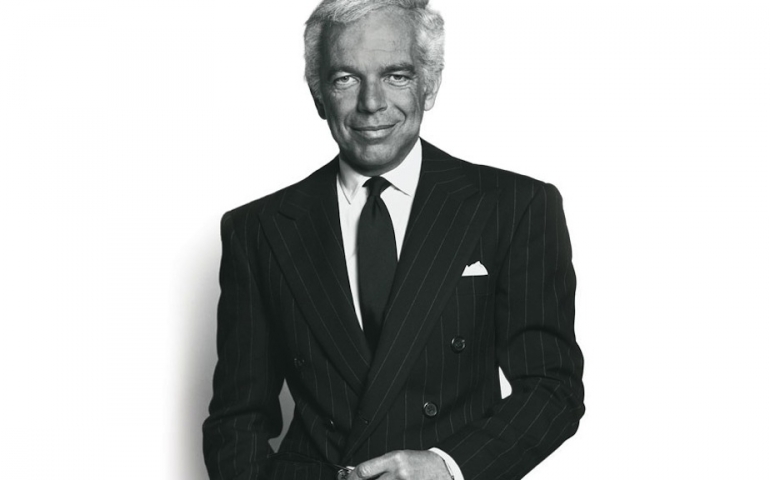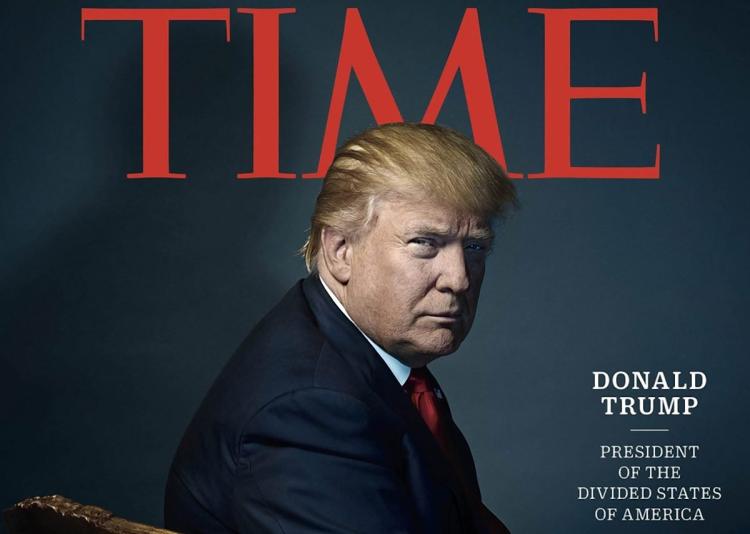
founder Ralph Lauren
CEO Stefan Larsson of Ralph Lauren Corp, a fashion and clothing company, quit after having “creative” differences with the founder, Ralph Lauren. In an organizational behaviour type perspective, we can immediately see a key problem, the employee leaving the organization because of unresolved differences with the employer. Although there is evidence of the two trying to resolve the problem through private conversations as well meetings with board members, the two ultimately split paths. The arguments came up through discussion on a new direction the company should take. Many organizations face this exact problem, some resolve their differences and some do not, like Ralph Lauren and the University of British Columbia’s previous president.
With decreasing sales over the decade due to increased competition, Ralph Lauren Corp had to take a new creative direction, the decision behind this direction was what led to the ultimate resignation of the Larsson. In organizational behaviour, we can see a generational difference as well as differences in values. Furthermore, there is a clear hierarchy between founder and CEO, with the founder having the ultimate decision making power. It is very admirable, in my opinion for a CEO to leave because of differences that they know that cannot be solved, rather than just listen to the founder and follow aimlessly. If the CEO does not believe in the vision set forth by the founder, it is very hard for any success to follow, so I am sure that Mr. Larsson made a very admirable and smart choice by leaving.

Ralph Lauren company logo
In conclusion, if differences cannot be worked out even after strenuous attempts, it is definitely for the best to leave in a situation like that. I believe that the declining sales in Ralph Lauren may see a positive turn should the founder find a suitable replaces that aligns with his vision.
Citations:
Wong, S. H. (2017, February 02). Ralph Lauren CEO Leaving After Creative Clash With Founder. Retrieved February 06, 2017, from https://www.bloomberg.com/news/articles/2017-02-02/ralph-lauren-ceo-is-leaving-company-after-clash-with-founder
